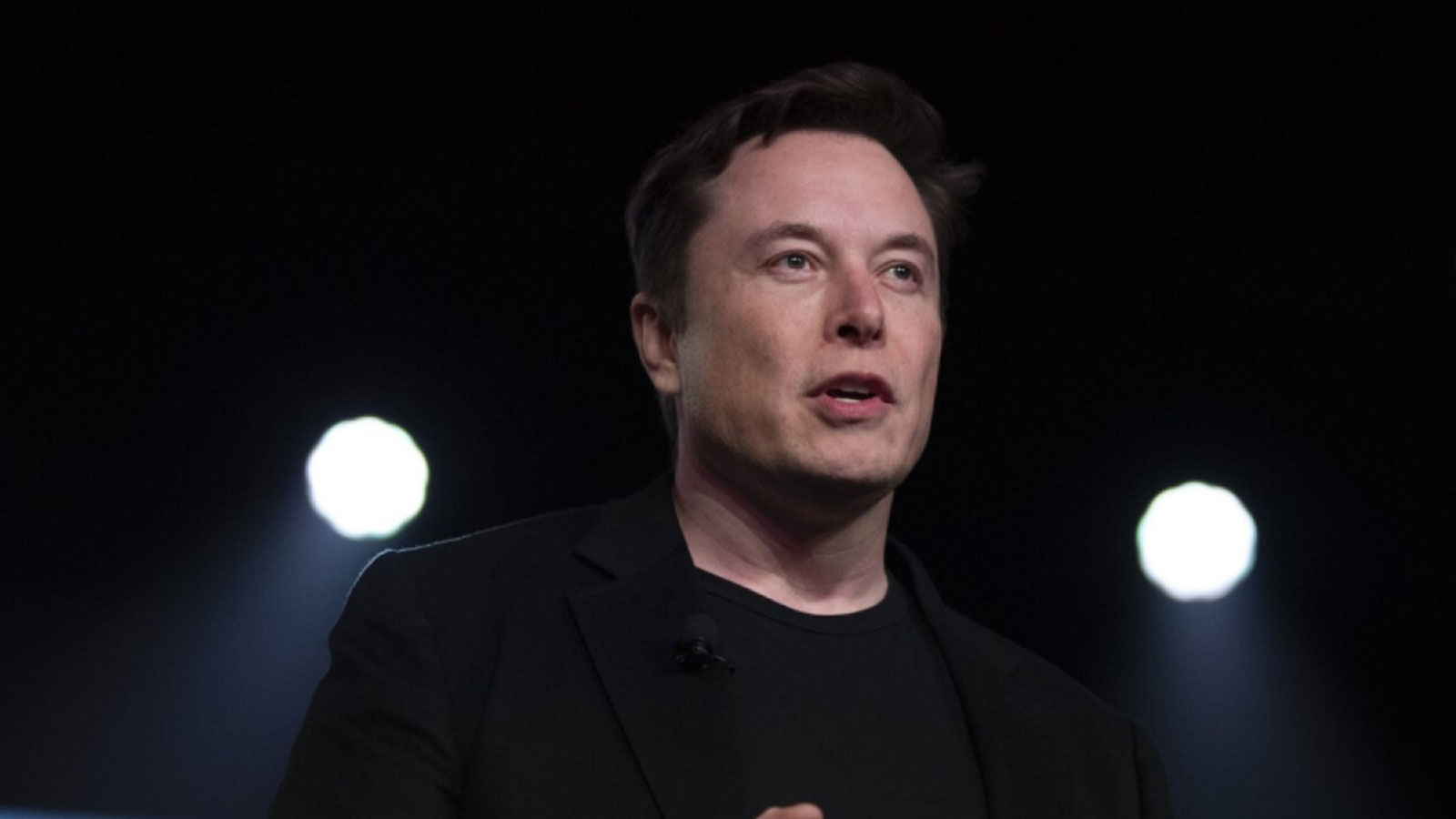As “free speech absolutist” Elon Musk continues his campaign of censorship at Twitter, we’re getting an exhibition in the outsize power of billionaires to shape our politics.
Nearly a year in, self-described “free speech absolutist” Elon Musk’s ownership of Twitter (or, sigh, X) is going exactly as you’d expect from a boss who has again and again shown he’s a thin-skinned tyrant in the workplace. From the very beginning, Musk has been highly selective in how he’s applied his supposed free speech principles, restoring right-wing accounts while keeping left-wing ones censored, suspending accounts talking about his private jet’s flight data, and eagerly bowing to the demands of authoritarian politicians to nix content they don’t like.
Musk’s highly unusual definition of free speech absolutism continues to reign at the social media firm, as several stories in the past week alone show. According to Semafor, Musk appears to be throttling the reach of the New York Times on the platform, as evidenced by a drastic drop-off since July in shares and engagement tweets for the paper’s stories, one that no other major news outlet experienced, and which hasn’t happened on Facebook. (The data was compiled by social media engagement tracking firm NewsWhip.)
As Semafor points out, Musk has clashed with and attacked the Times in the recent past, and has been caught before saddling links to stories from the paper and other news outlets with a five-second delay, as well as to links going to rival social media platforms. Could Musk’s antipathy to the Times be behind this most recent act? We don’t know, but given Musk’s personal involvement in past censorship decisions, it wouldn’t be surprising.
Under Musk, Twitter is also carrying out more government-driven censorship than ever, not refusing a single request between October 2022 and April 2023, unlike in previous years. That includes requests from the Saudi government, which recently sentenced a man to death for some low-engagement tweets critical of the country’s monarchy, and whose brutal domestic repression Twitter/X has been accused of facilitating in a recent lawsuit.
It should be deeply disturbing to anyone, let alone anyone on the Left, that an erratic billionaire has this kind of power over what ordinary people can and can’t say online, as well as journalistic publishing, and that the security states of various governments around the world — including those of some of the world’s most brutal despots — view this platform and its censorship policies as a tool for their own ironfisted ends.
Nor is that the last of the concerning news items about Musk’s extreme wealth and inordinate power. The billionaire recently got into hot water after excerpts of a coming biography revealed that Musk refused to let the Ukrainian government use his Starlink internet service — which he’s been providing for the country free of charge since the Russian invasion — to attack the Russian naval fleet at the Crimean port of Sevastopol. It doesn’t matter whether you view Musk’s decision as outrageous (for stifling Kyiv’s self-defense effort) or prudent (for wanting to prevent a dangerous escalation) — in either case, it’s absurd that a single man is making this decision, purely by virtue of the massive amount of wealth he’s hoarding. (Musk claims that the satellite network was turned off over Crimea due to US sanctions, and that he would have complied with a “presidential directive.”)
Sadly, these censorship concerns aren’t unique to Musk, even if he is a uniquely monumental fraud in his pro–free speech posturing. This past week also saw Meta, or Facebook, delete an Al Jazeera presenter’s Facebook profile twenty-four hours after his program aired a segment on the well-documented censorship double standard that the company applies to Palestinian speech versus Israeli speech on its platform, and its collaboration with the Israeli government for this purpose. (His account has since been reinstated after an outcry.)
Meanwhile, TikTok, the world’s most popular social media platform, wound up blocking searches for “WGA” — or the Writers Guild of America, when the union’s strike is in its fifth month — as an inadvertent side effect of its attempt to quash QAnon content. This past August, a draft agreement leaked to Forbes revealed that the US government, which has been casting the platform as a national security threat due to its ownership by a Beijing-based firm, wanted to impose far-reaching control over TikTok as part of a move to have the company avoid a US ban. The provisions included giving the US government veto power over vendor contracts and some executive hiring, the ability to block changes to its censorship and privacy policies, and the right to make TikTok stop functioning in the country in some situations. It’s worth imagining how this kind of power would be used under the presidency of Donald Trump or another hard-right ideologue.
As stories about tech censorship continue to pile up, it should be a reminder of the ease with which these platforms that have become so integral to news publishing and political discourse can, in the wrong hands and with the wrong policies, be easily turned against us to crush political expression and press freedoms. It’s a crusade that poses dangers for the Left in particular.
Source: Jacobin
Branko Marcetic is a Jacobin staff writer and the author of Yesterday’s Man: The Case Against Joe Biden. He lives in Chicago, Illinois.
Featured image: Elon Musk















